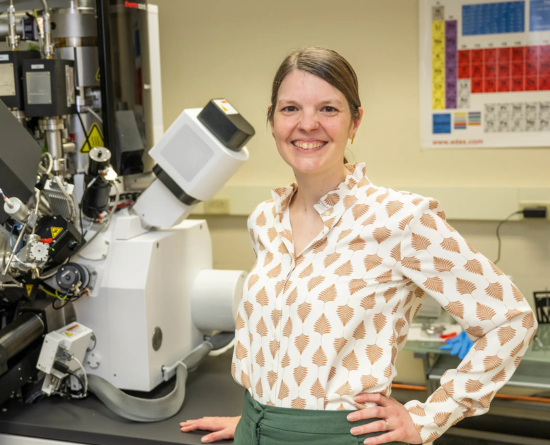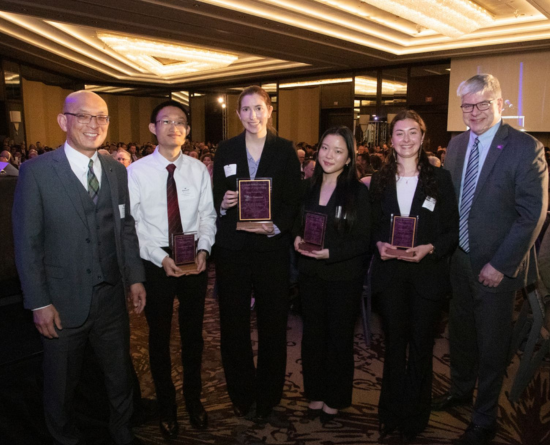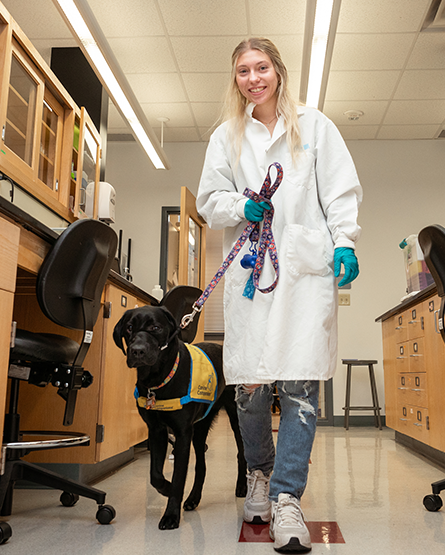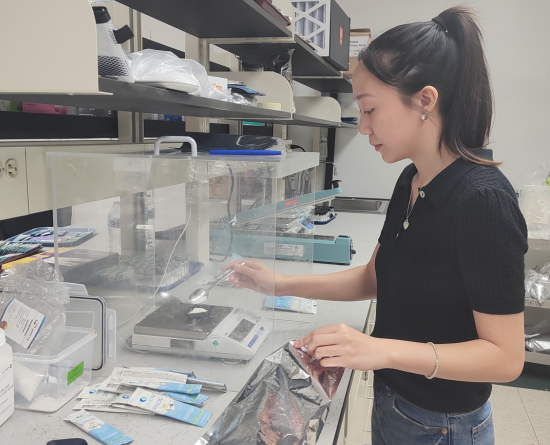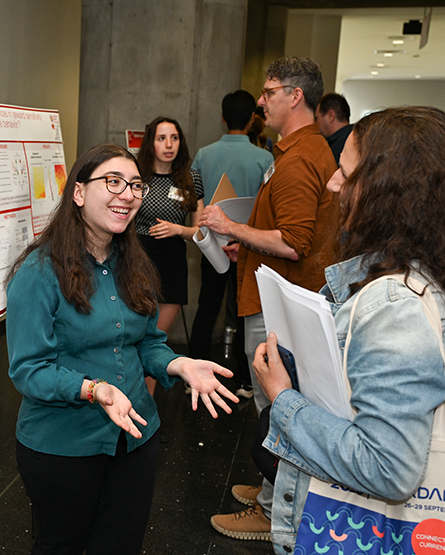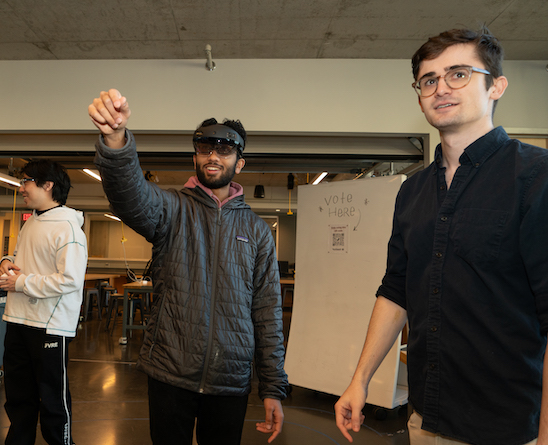
Highlights
- Our department offers a close-knit community. Our faculty and staff’s doors are always open to offer individualized guidance.
- The maximum class size is around 50 students.
- We support the natural formation of mentorships. Faculty and staff work to get to know students, and help them navigate toward reaching their goals.
- Most undergraduate students will do research during their time at Carnegie Mellon, either for credit or for pay.
- Students create their own academic experience. 92% of students are pursuing some type of additional major ranging from creative writing to biomedical engineering.
- Minors including Additive Manufacturing, Electronic Materials, or Mechanical Behavior of Materials are available to students within the department and across the College of Engineering.
- The average starting salary of our undergraduates is $82,000.
- More than 50% of our undergraduates pursue further higher education upon completing their degree.
Program educational objectives
Graduates with a B.S. degree from the Materials Science and Engineering program will, within a few years after graduation:
- attain success in a professional position and/or a top graduate school that builds upon their MSE background
- exhibit professionalism and leadership in contemporary, interdisciplinary engineering practice based on materials, while accounting for the impact of their profession on an evolving, global society
- contribute to innovative designs of technological systems using principles of materials science and engineering
- make effective contributions as an individual, team member, and/or a leader to effect global, economic, environmental, and/or societal impact
Student outcomes
The Department of Materials Science and Engineering has accepted the following definitions for the educational outcomes of the department. These outcomes will allow our students to be successful in any career choice and achieve the long-term objectives of our department. Each student will have:
- an ability to identify, formulate, and solve complex engineering problems by applying principles of engineering, science, and mathematics
- an ability to apply engineering design to produce solutions that meet specified needs with consideration of public health, safety, and welfare, as well as global, cultural, social, environmental, and economic factors
- an ability to communicate effectively with a range of audiences
- an ability to recognize ethical and professional responsibilities in engineering situations and make informed judgments, which must consider the impact of engineering solutions in global, economic, environmental, and societal contexts
- an ability to function effectively on a team whose members together provide leadership, create a collaborative and inclusive environment, establish goals, plan tasks, and meet objectives
- an ability to develop and conduct appropriate experimentation, analyze and interpret data, and use engineering judgment to draw conclusions
- an ability to acquire and apply new knowledge as needed, using appropriate learning strategies.
Student Enrollment and Graduation Data
View enrollment data for the undergraduate Materials Science & Engineering program.
Accreditation Statement
The Materials Science and Engineering Program is accredited by the Engineering Accreditation Commission of ABET, https://www.abet.org, under the commission’s General Criteria and Program Criteria for Materials(1), Metallurgical(2), Ceramics(3) and Similarly Named Engineering Programs.





